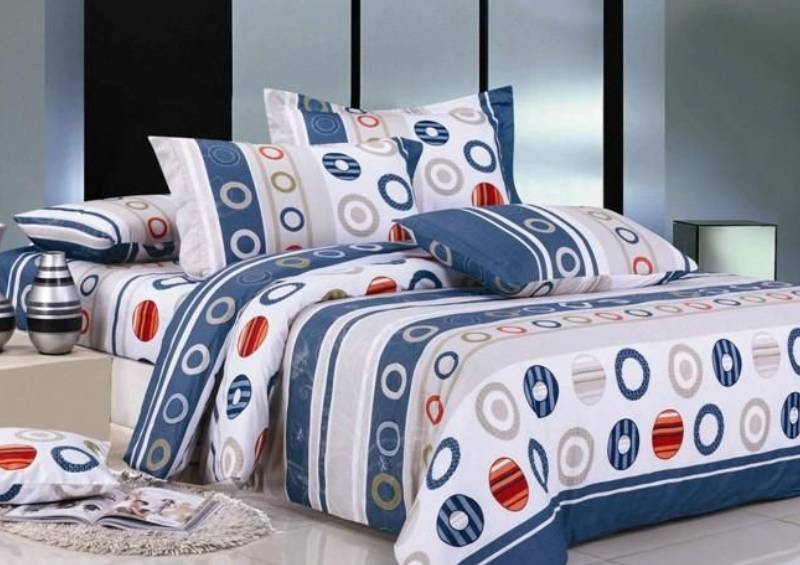 A new report by the RGE Group underlines its commitment to invest $200 million in next-generation textile fiber innovation and technology over a 10-year period. Released a week before the annual Textile Exchange Sustainability Conference, the report advances RGE’s ambition to develop a closed loop, circular and climate-positive cellulosic fiber. Bey Soo Khiang, Vice Chairman says, it highlights the group’s commitment to take sustainability to the next level by exploring new ways to convert waste into a resource to regenerate new materials.
A new report by the RGE Group underlines its commitment to invest $200 million in next-generation textile fiber innovation and technology over a 10-year period. Released a week before the annual Textile Exchange Sustainability Conference, the report advances RGE’s ambition to develop a closed loop, circular and climate-positive cellulosic fiber. Bey Soo Khiang, Vice Chairman says, it highlights the group’s commitment to take sustainability to the next level by exploring new ways to convert waste into a resource to regenerate new materials.
Of the $200 million investment, RGE plans to invest 70 per cent in scaling up proven clean technology in fiber manufacturing, 20 per cent in bringing pilot scale production to commercial scale, and 10 per cent for R&D in emerging frontier solutions. The group has directed investments in three areas: ready market solutions, startups and in-house R&D capabilities.
Achievements over the years
In the last one year, the RGE group has added many notable achievements to its portfolio. These include the launch of FINEX™, a Recycled Claim Standard (RCS)-certified fiber containing up to 20 per cent recycled content produced using a 35,000 ton per annum commercial line; production of Lyocell, a closed loop fiber and a fully recoverable solvent and setting up new R&D facilities in China and Indonesia.
Standard (RCS)-certified fiber containing up to 20 per cent recycled content produced using a 35,000 ton per annum commercial line; production of Lyocell, a closed loop fiber and a fully recoverable solvent and setting up new R&D facilities in China and Indonesia.
The group has also initiated an in-house cotton textile waste recycling project. It has not just enhanced its existing partnerships but also forged new ones to promote progress towards broader goals. The group also explores retrofitting of viscose production in collaboration with Infinited Fiber Company. It plans to launch a comprehensive study of the textile waste landscape in China in partnership with the China Association of Circular Economy.
Towards a more sustainable future
The report also highlights the RGE’s plans for two viscose business groups for the coming decade. The first group Sateri plans to launch 100 per cent recycled product by 2030. It also aims to use 20 per cent raw materials made from alternative or recycled materials by 2025. RGE’s other group Asia Pacific Rayon (APR) that will source 20 per cent of feedstock from alternative or recycled materials by 2030.
All existing Sateri and APR mills also aim to meet EU-BAT emission limits by 2023. As per Allen Zhang, President, Sateri, as a large and growing fiber producer known for product quality and cost-competitiveness, the group is well-placed to scale solutions. However, it is currently restricted by the limited progress in circularity-specific technologies and availability and volume of alternative feedstock. However, the group remains committed to accelerating its efforts to achieve its target by 2030.
Striving for a better universe
RGE has a strong presence in Asia through business groups Sateri and APR. The group manages resource-based manufacturing companies with global operations. Its work profile work ranges from sustainable resource development and harvesting, to creating diverse value-added products for the global market. The group strives to work towards the development of its community, country, climate, customers and company. Founded in 1973, RGE companies have assets worth over $20 billion. The group has over 60,000 employees and its operations span across Indonesia, China, Brazil, Spain and Canada. It plans to continue expanding to newer markets in future.












